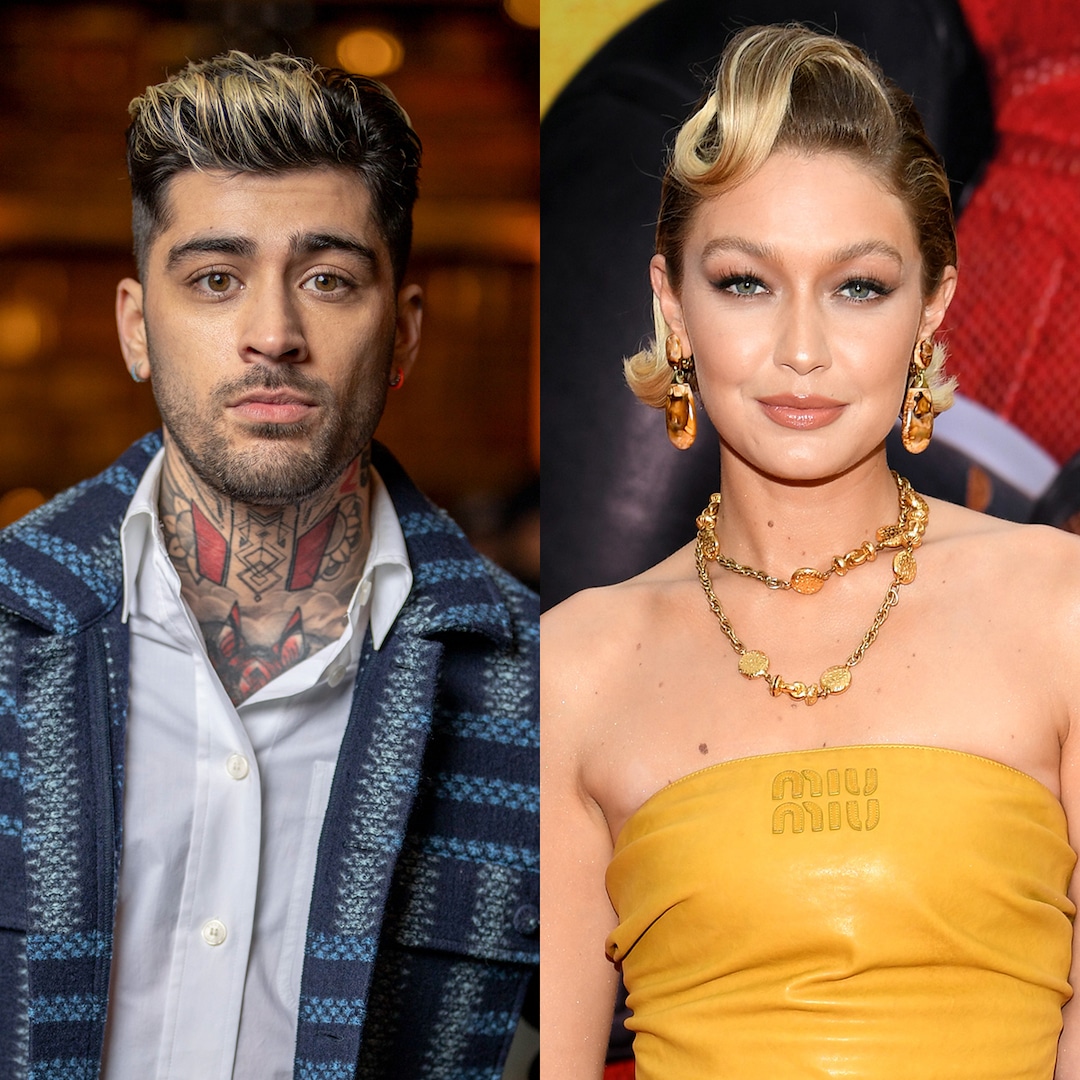There’s no arguing that Shakira is a feminist icon. Entering the year on the heels of a very public split from her long-term partner and the father of her two sons, Gerard Piqué, she managed to take a painful experience and turn it into a shared triumph. Her latest studio album, “Las Mujeres Ya No Lloran,” is a testament to independence and the strength that comes with it. It’s a sentiment that many, especially women, will be able to relate to. In her recent Allure cover interview published on April 1, Shakira delves into what that strength looks like and what it means to be a woman healing today. But one thing that stood out from the interview was the singer’s controversial take on another feminist pop culture pillar: the “Barbie” movie.
Shakira shares her sons “absolutely hated” the film because they “felt it was emasculating.” “I like pop culture when it attempts to empower women without robbing men of their possibility to be men,” the singer says.
And while part of me understands that reaction, I cannot help but respectfully disagree with her. Feminism isn’t just a theory, it’s a practice, and different people practice it differently. Shakira not liking the “Barbie” movie doesn’t make her less of a feminist. However, her opinion of the film is one shared by a vocal minority, and one I’ve heard reiterated by a lot of men (and right-wing politicians like Ted Cruz), many of whom won’t even see a “girl’s movie.”
So, as a man who not only thoroughly enjoyed “Barbie” but found the message to be more subtle than “men suck, women are better,” I wanted to examine how so many people could misconstrue Greta Gerwig and Noah Baumbach’s script. For starters, the movie doesn’t portray men as bubbly and shallow characters just for the sake of emasculating them. The movie portrays them as what they are: victims. The Kens have been robbed of any real agency and opportunity to be anything more than eye candy by Barbieland’s matriarchy, a system that, conversely, places women in every major role throughout society. Sound familiar? It is the exact opposite of a patriarchy and yet still manages to achieve the same results: oppression of the opposite sex.
Yes, much of the Kens’ dilemma and ensuing takeover of Barbieland sees the dumb dial turned up to the max — taking the piss out of machismo culture. But at its core, it’s a commentary on the importance of being valued on a societal level. At every corner, the Kens are marginalized in the society they serve. This puts them at odds with the Barbies — not with women. Instead, the Kens’ struggle is meant to parallel the struggle women experience in real life. It also shows how patriarchy can be destructive for the men it empowers.
By adopting patriarchy, the Kens rope themselves into accepting the often rigid criteria to which men must conform to be considered manly. Hence, the overabundance of cowboy hats, trucks, horses, and Mojo Dojo Casa Houses, regardless of whether or not the individual Ken has an affinity for these things. They gain power, yes, but they are still denied individuality, only this time by their own hand.
Shakira mentions that “men have their purpose too” and that “she wants her sons to feel powerful . . . while respecting women.” But this is exactly the note the movie ends on. For the first time, the Kens are allowed to decide what their role in society will be. And for the first time, it won’t be centered around supporting the Barbies’ wants or needs, but instead on what they want for themselves.
But what about the notion that the movie “emasculates” the men? Sure, the Kens could have had more depth than having “beach” as a job, but I don’t think it would have been as funny or as effective an allegory for the loss of agency that comes with oppression. I didn’t find it emasculating. But I do find the uproar around it telling.
As an afropuertorriqueño, I don’t often benefit from narrative plurality, or the existence of a multitude of films, shows, or other media that showcase my people in a variety of different roles and perspectives. But as a man? Absolutely, I do. I can turn on my TV right now and find a movie about a badass killing machine who loves dogs (“John Wick”), a show about a physically lacking, neglected child who uses his wits to outsmart and outlive multiple empires (“Game of Thrones”), a movie about a reluctant savior who inherits his mother’s magic and his father’s kingdom and uses both to become a literal fucking messiah (“Dune”), and the list goes on. Narrative plurality means that there are enough positive depictions of characters like us that the negative depictions don’t hold as much weight. Or at least you’d think.
But you make one movie in which the men — or in this case the Kens — are portrayed as superficial accessories in constant competition for the affections of a woman and have no purpose other than to service her desires, and it undoes all the rest of it. Perhaps, in the same vein, we should consider the impact of the negative portrayals of women and people of color on screen.
Johanna Ferreira is the content director for POPSUGAR Juntos. With more than 10 years of experience, Johanna focuses on how intersectional identities are a central part of Latine culture. Previously, she spent close to three years as the deputy editor at HipLatina, and she has freelanced for numerous outlets including Refinery29, Oprah magazine, Allure, InStyle, and Well+Good. She has also moderated and spoken on numerous panels on Latine identity. .

















